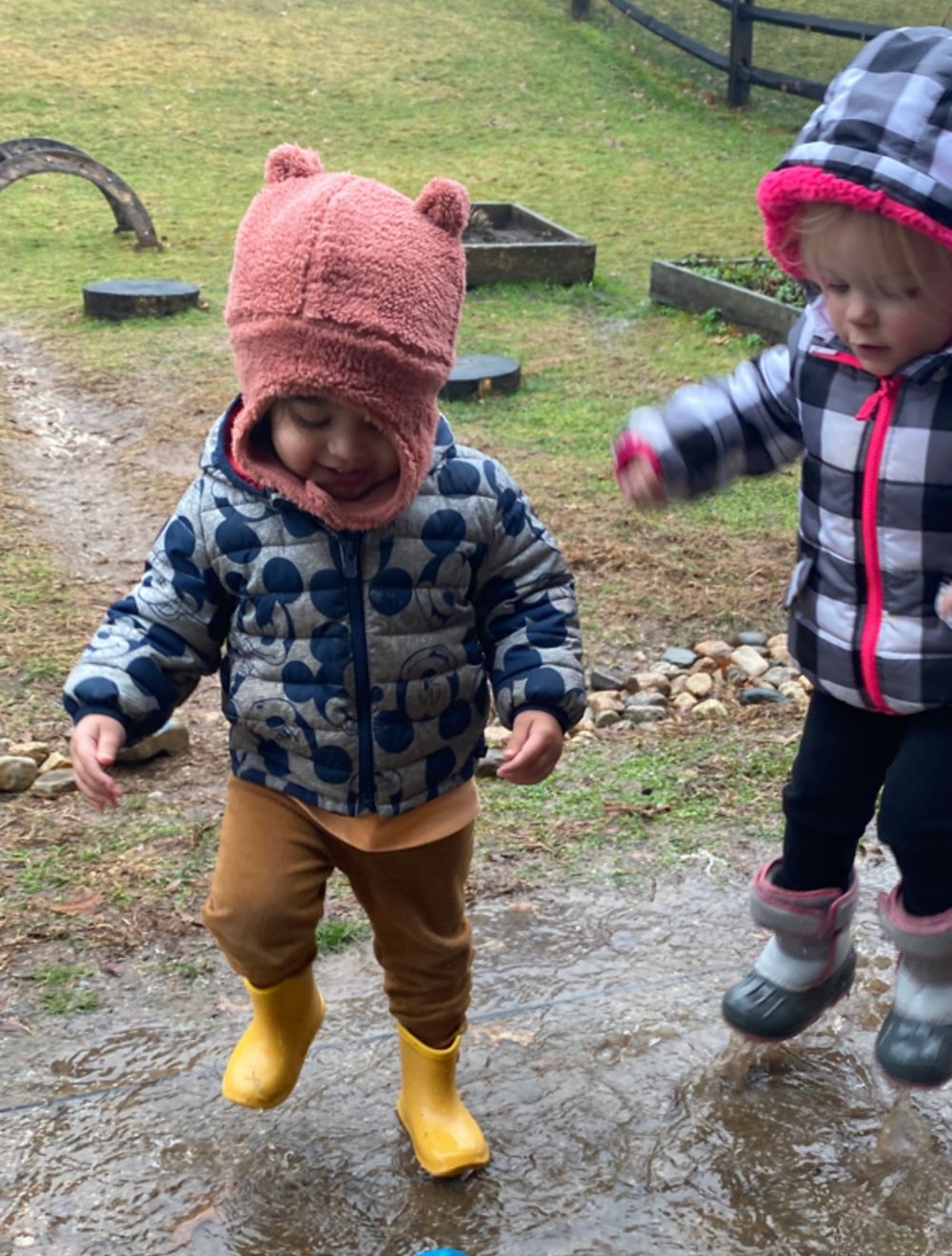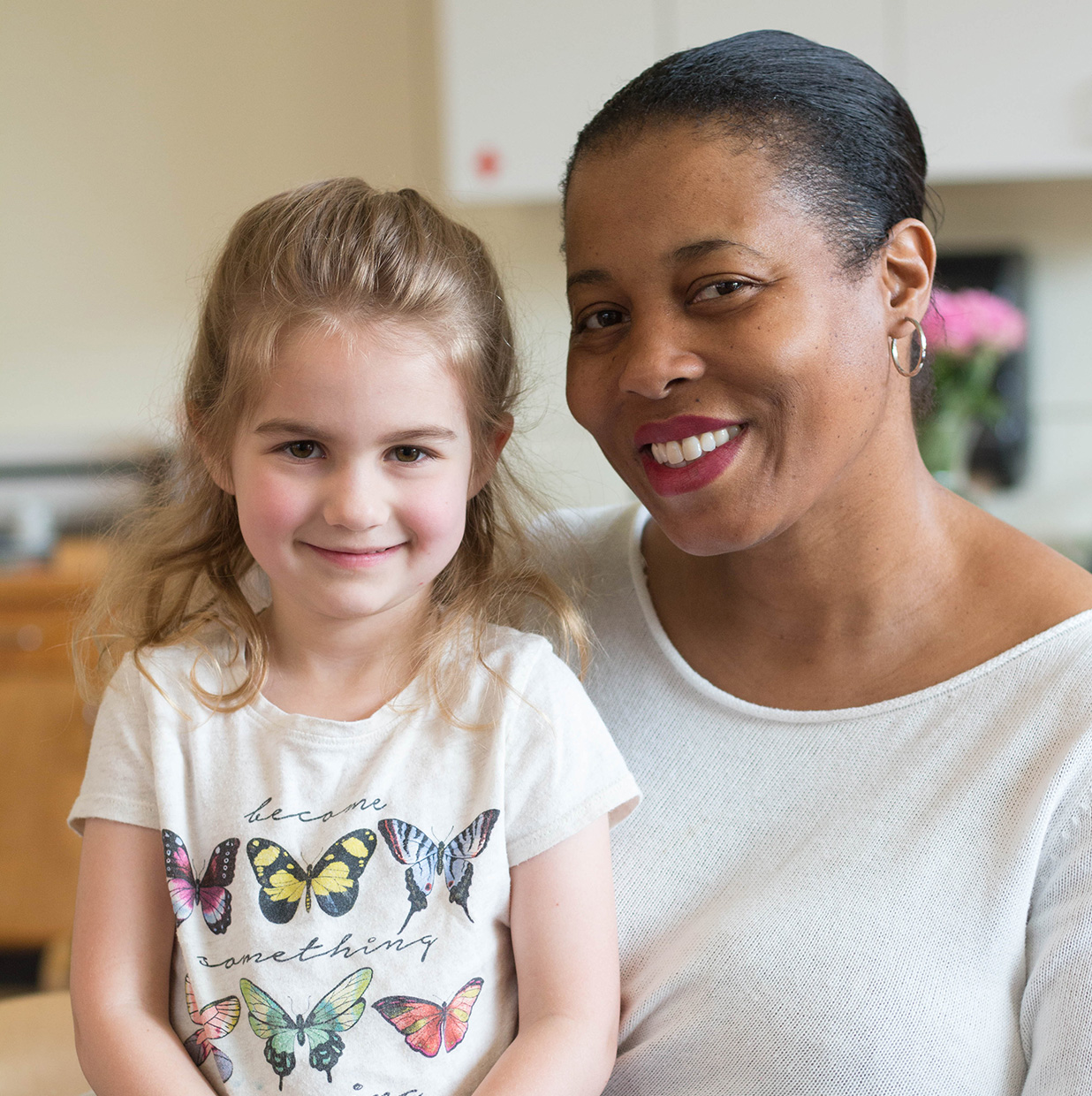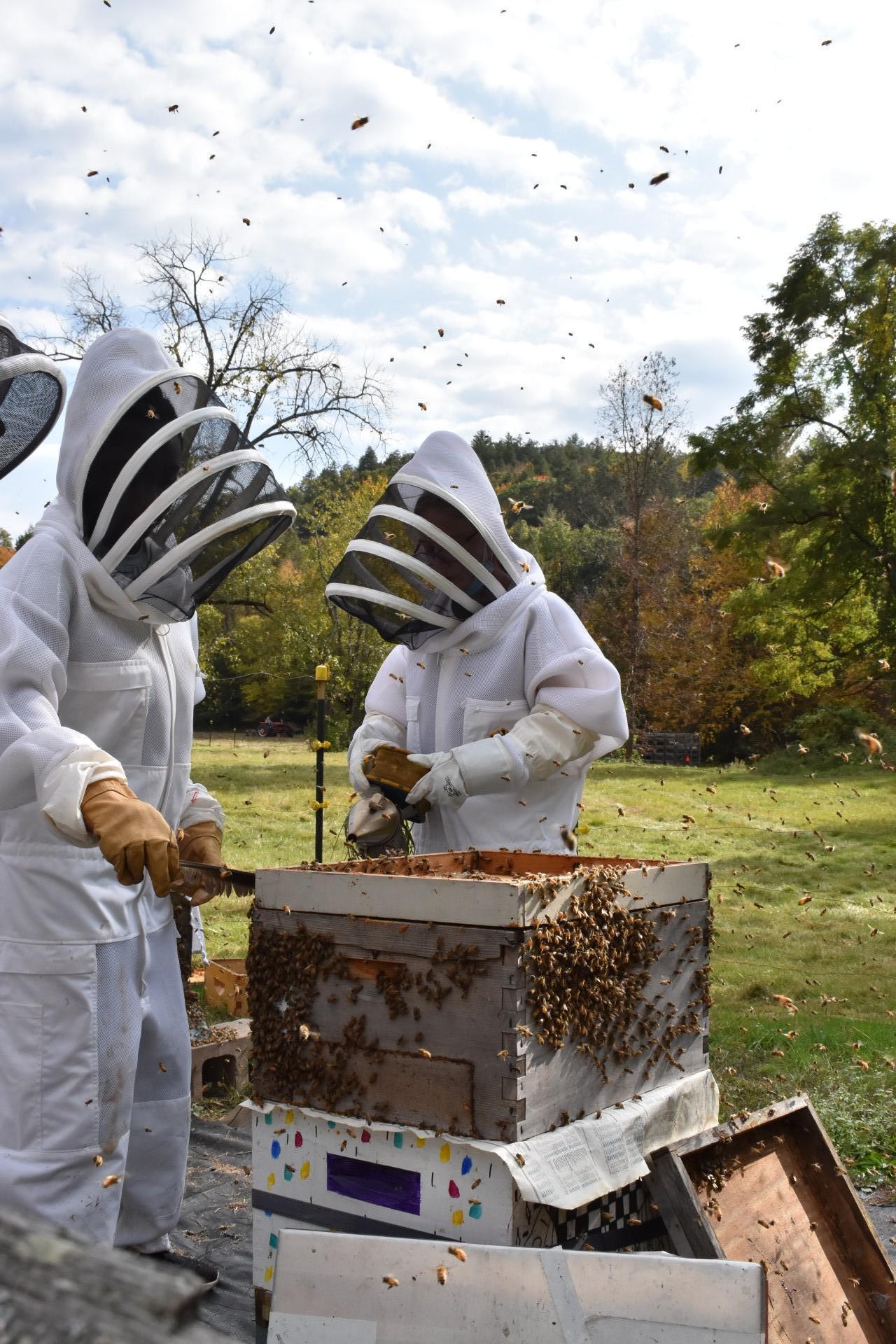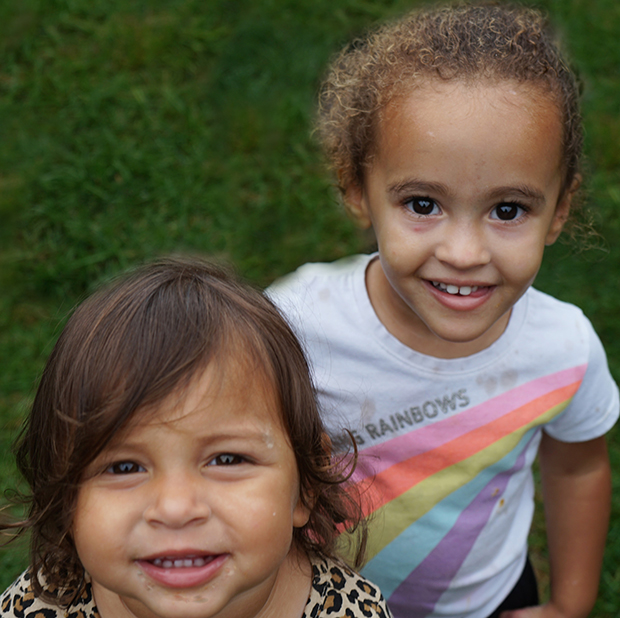Nature and Young Children
January 13th, 2025
Nature and the Young Child
By Kathy R.
Did you know that turning your toddler loose in the great outdoors is like immersing him in a learning lab? The benefits are amazing, and so easy to obtain. The first thing to keep in mind is, there are no rules except those concerning safety. It’s important that they have the freedom to follow their natural curiosity. This is the place where toddlers can run, shout, jump, get dirty and decide where they want to go and what they will do when they get there. Think how good that must feel to a toddler who craves independence and truly dislikes being told what to do.
Toddlers are driven to move and, in the process, discover what their bodies are able to do. The more experience they have testing these capabilities, the more confident they become. The more confident they are, the more they will demand of themselves. Their movements become more controlled and coordinated and their self-confidence (I am capable), self-reliance (I trust myself) and self-esteem (I feel good about myself) continue to develop. Discovering how high they can climb, how fast they can run or how far they can kick a ball, tests their current limitations and goes beyond the benefits of exercise. It touches upon focus, persistence, resilience, and mental flexibility – skills they will call upon throughout their life. Toddlers love to help, so if you have an outside job to do, let them participate and keep in mind that the more physical effort required, the happier the toddler will be.
Since toddlers are multi-sensory learners, the outdoors is the ideal place for sensory input and brain development. Let your young children set the pace since there are so many things they will see that you’ve grown accustomed to and might overlook. Everything is fascinating to them, even the tiniest ant crawling out from a crack in the sidewalk. If they decide to stop and watch, give them this opportunity without rushing them. Toddlers are trying to make sense out of all that they see, hear, touch, taste, and smell. You can help by giving them the framework upon which they can organize all this information. Start by using precise language for his discoveries, i.e. “ant” not “bug.” You can add, “An ant is an insect.” Or, “That’s a cardinal. A cardinal is a bird.”
The outdoors provides your toddler wonderful opportunities for learning about themselves and the world around them. Enjoy the great outdoors!












